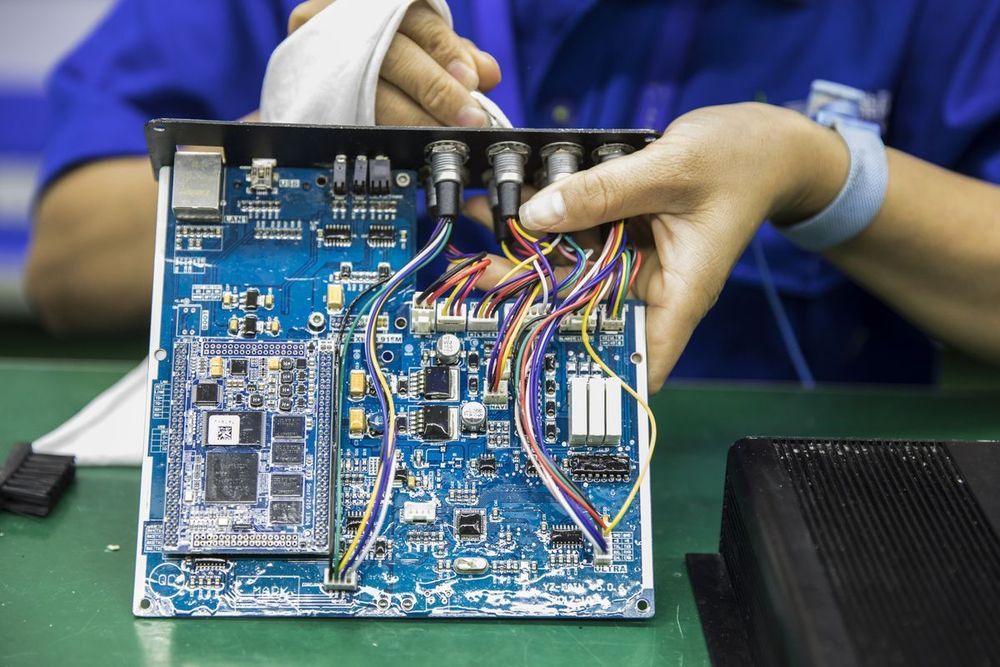Apr 13, 2020
Pope Francis: ‘This may be the time to consider a universal basic wage’
Posted by Derick Lee in categories: biotech/medical, economics, employment
Talk of a universal basic income (UBI), or regular cash payments with minimal or no requirements for receiving the money, has been brought to the forefront as social distancing and economic concerns have put millions of people out of work.
Amid the COVID-19 pandemic Pope Francis says it might be time for some sort of universal basic income.
“This may be the time to consider a universal basic wage” to “acknowledge and dignify the noble, essential tasks” and to “achieve the ideal … of no worker without rights,” Pope Francis said in a letter to the World Meeting of Popular Movements, an organization representing global grassroots organizations, published on Sunday via the Vatican.
Continue reading “Pope Francis: ‘This may be the time to consider a universal basic wage’” »

















